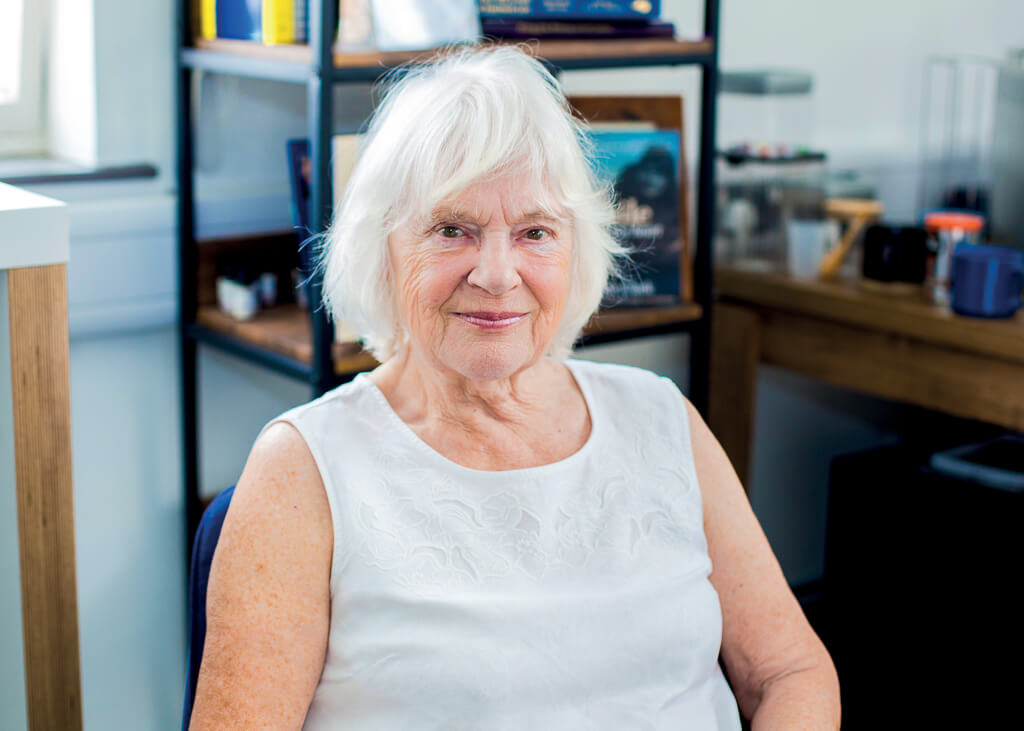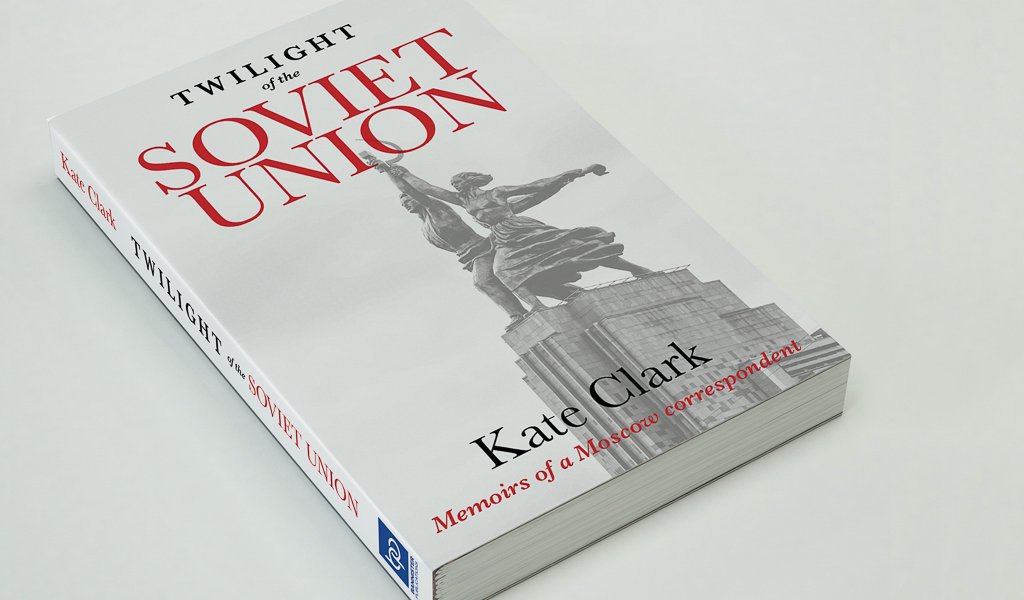Barrie Farnsworth reviews a remarkable book about a Chesterfield woman who spent five years living and working in the USSR.
IT is not often that someone leaves Chesterfield and ends up in both Chile and what was then the USSR – and has written books about them – but it happened to Kate Clark.

Above: Kate Clark
Kate, a communist, was in Chile when socialist Salvador Allende became President and was in the USSR when Mikhail Gorbachev was leader and the Soviet Union was dismantled and moved from communism to capitalism.
She wrote two books about Chile, where she was from 1969 to 1974, and recently published ‘Twilight of the Soviet Union’ about her work – and family life as a mum-of-three – in the USSR between 1985 and 1990.
The former St Helena School pupil and a languages graduate from the University of Manchester who spoke fluent Russian – thanks to a scholarship year in Moscow in 1967/8, where she met her future husband, Spanish-speaking Ricardo – started her working life with ICI but then, as she put it, “drifted into teaching and lecturing”.
After five years in Chile, Kate and Ricardo returned to London – then hubby got a good job in Moscow.
Kate then got the job as the Morning Star’s USSR correspondent – “I had written them a few articles about Chile and I did speak Russian” – and in February, 1985, boarded a plane bound for Moscow along with her children, Victor (9) and six-year-old twins Liza and Marta.
Ricardo met them at Moscow airport and they headed to their new home, a ninth-floor flat with great views over the centre of the capital. The couple sent their children to a Soviet school – “we wanted them to learn Russian and make friends with local children” and also sent the children that summer to a ‘Pioneer Camp’, similar to a scout and guide camp, and Kate was delighted when they returned speaking fluent Russian.
The book is full of detail about the family life of Kate, who was about the only foreign correspondent to speak Russian and live among the Russian people.
But what of her work? Just three weeks after she arrived in Moscow, Mikhail Gorbachev was the Kremlin leader. He was a real reformer – introducing ‘glasnost’ (openness) and ‘perestroika’ (restructuring) and not afraid to attack the Soviet system – and Kate regularly reported on what impact the changes had on ordinary Russians.
The book details a visit by Kate to a coalfield to personally thank the miners who had together donated a large sum to the striking NUM miners in the UK.
A year later, she was in Ukraine to report on the Chernobyl nuclear disaster – and, in the book, tells of a strange meal supplied to foreign correspondents, like her, close to the power station.
Kate, who now lives in Stretton, remains a socialist, despite the demise of the Soviet Union. She says: “Gorbachev was naive and went too fast with his reforms. Basically, he lost control…”
All in all, it is a frank and detailed account of both family life and working life in what turned out truly to be the ‘Twilight for the Soviet Union’, and I heartily recommend it.
Editor’s Note: ‘Twilight of the Soviet Union’ by Kate Clark, published by Bannister Publications, £14.99.






